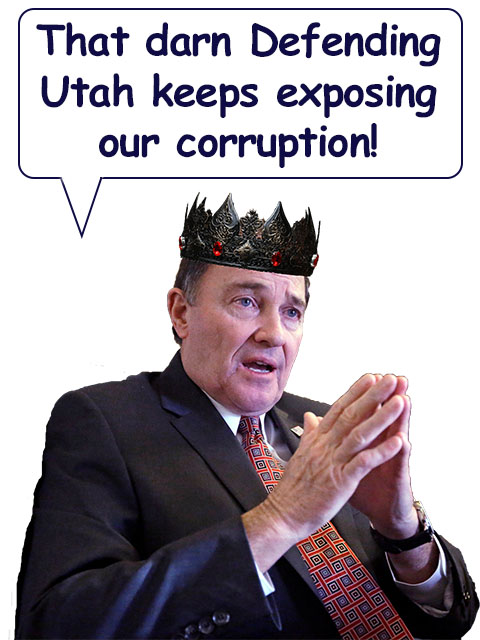Due process; the idea that we are all innocent, until proven guilty, is one of the most fundamental aspects of our judicial system. It helps, when applied, to ensure the government cannot go after those it doesn’t like and make them disappear never to be seen again. The government is supposed to PROVE you did what they accused you of doing in such a strong manner, twelve of your peers are convinced of your guilt before the government can deprive you of your life, liberty or property.
The Bill of Rights, the first ten amendments to the united States constitution, contains key limitations on the government to help protect your rights. If the government wants to take away your life, liberty or property, the government:
- Must get a warrant to collect evidence, but that warrant has to be based on the testimony of a credible witness, and the things that are going to be searched or taken has to be specifically listed, otherwise the government cannot use those items as evidence against you. (Amendment 4)
- You have the right to confront your accuser. (Amendment 4)
- Cannot make you say anything that might be seen as you saying you did what they accused you of. (Amendment 5)
- Must unanimously convince a group of individuals, of whom you and the government approve of, that you actually did what they said you did AND that the crime you’re accused of is a legitimate crime. (Amendment 6)
- While you’re waiting for a trial, the government is not allowed to just keep you in jail indefinitely. A bail of a reasonable amount must be set to allow your release to prepare your case and the trial has to be held within a short period of time after the charges have been filed. (Amendment 7 & 8)
These principles apply to every aspect of law with two exceptions: Cases involving the IRS and cases involving Child Protective Services (CPS) or their equivalent. For our purposes here, we will discuss the later.
When it comes to cases involving CPS:
- You are guilty until proven innocent
- Your accuser can be kept secret (violates Amendment 4)
- Your “trial” is secret (Violates Amendment 6)
- Testimony of a CPS agent is considered as good as physical evidence (Violates Amendment 4)
- Your silence is considered evidence against you (Violates Amendment 5)
- Your refusal to let them search your home is considered evidence against you (Violates Amendment 5)
- You cannot have a jury trial (Violates Amendment 6)
- An agent of the government (judge) is who decides if you’ve proven yourself innocent (Violates Amendment 6)
- The State can keep your children indefinitely (Violates Amendment 7)
- Agents of the state can lie under oath (Violates Amendment 4)
It is past time that the inalienable rights protected in the Bill of Rights be applied to all aspects of law, especially in respects to something as sacred as the government stealing people’s children. Allowing these violations of due process has allowed for a culture of abuse in CPS. We will link at the bottom of this page a substantial list of links showing CPS abuse as a result of the fact that the protections of the Bill of Rights do not apply to them.
We have collaborated with constitutional scholars and legal experts to make reasonable adjustments to Utah code that strikes the balance the Founders made in protecting the rights of the accused as well as those most vulnerable among us. You can download a copy of the proposed amended code here. Please pass it on to your member of the Utah House and Senate and encourage them to introduce or become a co-sponsor of a bill to implement these common-sense changes.
Unfortunately, CPS isn’t acting alone in their abuse of good families. Primary Children’s Hospital is one of the biggest reporting agencies in the state.
Though the “consensus” of effective treatment is under constant change, parents have no right to choose any treatment option other than that prescribed by state licensed doctors. Because of this, Primary Children’s has been front and center in Utah cases of innocent parents having their children stolen without due process. Financial reward and professional standing has been shown to be motives for false diagnosis in the past as well. In addition to the political solution of a Medical Treatment Bill of Rights, it is essential that a social price must be paid to organizations like Primary Children’s Hospital. Please contact the head of pediatric oncology, Dr. Richard Lemons, at (801) 662-4700 and tell him to stop reporting parents to CPS simply because they want to seek other treatment options.

